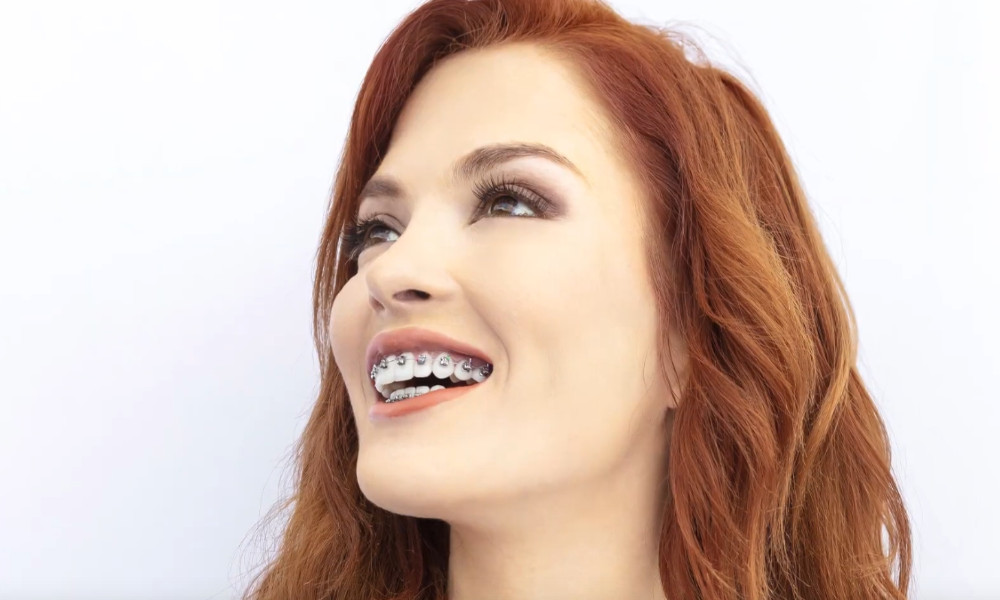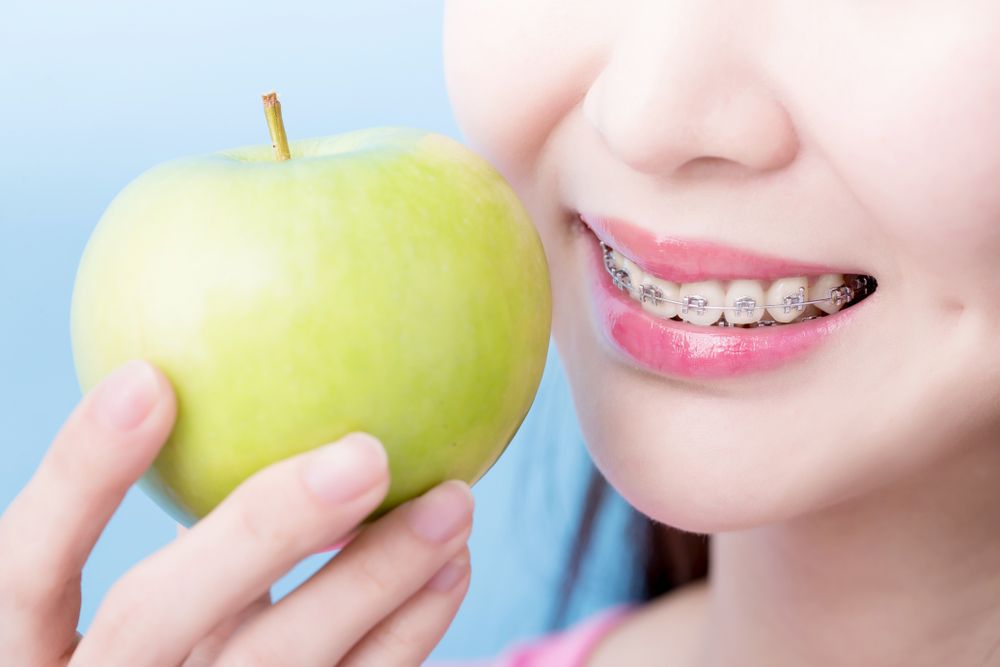Orthodontics And Nutrition: What You Should Know
Orthodontics and nutrition are closely linked. What we eat affects our teeth and braces. Eating the right foods can make orthodontic treatment smoother. It can also help avoid issues like broken brackets or wires. Emergency Dentistry Orlando sees many cases that could have been prevented with mindful eating. A balanced diet supports strong teeth and gums. It ensures the best outcome from orthodontic work. Let’s explore how nutrition plays a vital role in keeping your orthodontic journey on track.
The Importance of Nutrition in Orthodontic Care
Nutrition plays a critical role in orthodontic success. Braces and wires need extra care. A diet rich in vitamins and minerals supports oral health. It can prevent inflammation and promote healing. Foods high in calcium and vitamin D strengthen teeth. Fresh fruits and vegetables clean teeth and gums naturally. Sugary or sticky foods can cause damage and increase the risk of cavities.
Foods to Include and Avoid
Eating the right foods can protect your braces. Here’s a simple comparison:
| Foods to Include | Foods to Avoid |
| Yogurt | Sticky candies |
| Soft fruits like bananas | Hard nuts |
| Cooked vegetables | Popcorn |
Including these foods can be beneficial. Yogurt is soft and easy to eat. It provides calcium without stressing your braces. Soft fruits and cooked vegetables are gentle on brackets. Avoiding sticky candies and hard nuts prevents damage. They can bend wires or loosen brackets. Popcorn can get stuck and cause discomfort.
Daily Habits to Support Orthodontic Health
Daily habits contribute to orthodontic success. Regular brushing and flossing are essential. Use a toothbrush with soft bristles. It cleans without harming your braces. Floss threaders make flossing easier. Rinsing with a fluoride mouthwash adds protection. Drinking water frequently helps wash away food particles and acids. Avoid biting directly into hard foods. Cut apples and carrots into smaller pieces.
Understanding the Nutritional Needs
Each person has unique nutritional needs. Those with braces require specific attention. For detailed guidelines, the U.S. Department of Agriculture’s MyPlate offers a helpful resource. It provides a visual guide to balanced eating. Protein is vital for tissue repair. Whole grains offer fiber for digestion. Dairy products give calcium for strong teeth. Consult with an orthodontist or nutritionist for personalized advice.
Potential Issues and Solutions
Braces can create potential issues. Soreness or irritation is common after adjustments. Eating soft foods can ease this discomfort. A warm salt water rinse can soothe gums. If a bracket becomes loose, contact your orthodontist. Emergency dentistry Orlando can address urgent cases. Prevention is key. Following dietary guidelines reduces the need for emergency visits.
The Role of Parents and Caregivers
Parents and caregivers play an important role. They can guide children in making smart food choices. Involve kids in meal planning and preparation. Teach them the importance of dental hygiene. Create a supportive environment. Encourage regular orthodontic check-ups. These steps can lead to a successful orthodontic experience.
Conclusion
Nutrition is a cornerstone of orthodontic care. It supports healthy teeth and gums. Eating the right foods can protect braces. Good habits prevent issues and ensure the best outcome. By understanding the connection between orthodontics and nutrition, you can make informed choices. This knowledge leads to a smoother, more effective orthodontic journey.



